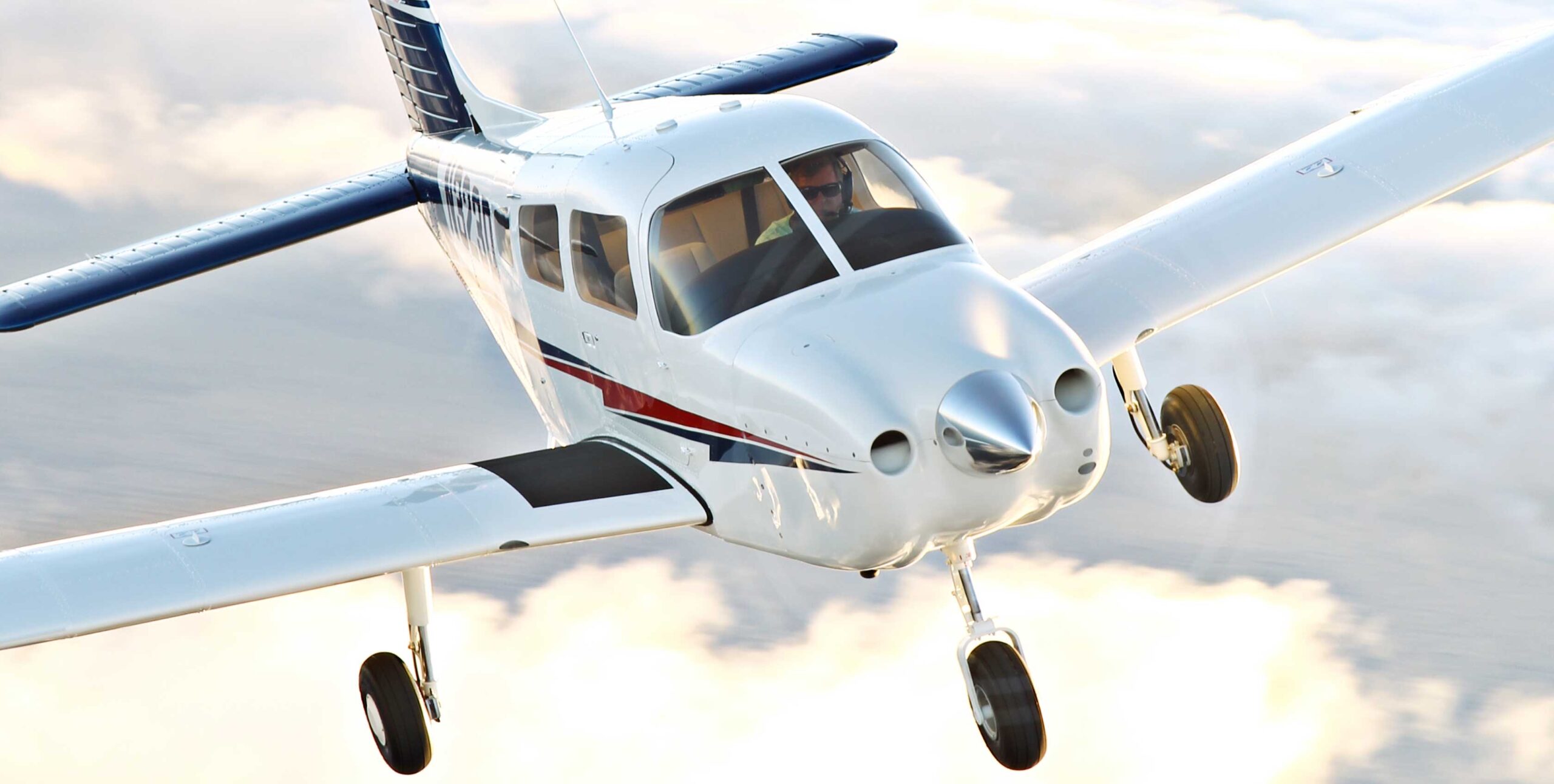Aviation is among the most popular fields, thanks to the massive growth in the aviation industry. Besides, aviation companies are on the rise creating the need to hire more aviation professionals. The field is more promising in terms of payments, not to mention that one gets the opportunity to meet with people from all walks of life. As a result, most people seek aviation training, hoping

to gain the knowledge and skills needed to excel in the industry. Also, some wish to get trained in the shortest time possible.
Whatever it is you want, the aviation industry provides an extensive range of courses, including cabin crew training, ticket management, ground staff, and aviation training. In a while, we will look at the benefits of training as a pilot. In the meantime, let’s look at the skills needed for one to enroll in aviation courses.
What Kind of Skills do you Need to Enroll for Aviation Courses?
Most people aspire to do aviation courses since the aviation industry is thrilling, offering them the opportunity to explore the world. The coursework also provides students with sufficient knowledge plus experience to enable them to start aviation academies and companies. Below are some requirements for aviation courses.
● Good communication skills
This is one of the key requirements. That’s because the field mostly involves interacting with people. Also, you need to have excellent customer service skills to fit in the industry.
● Have some knowledge of airport security and good mastery of first aid tips
To take aviation courses, you must have extensive knowledge of airport security. This is because aircraft emergencies are rampant, and therefore you need to stay informed. Mastering first aid tips help control the situation and saves lives in case of emergencies.
● Adequate knowledge about computer applications and front office operations
These are basic skills that you must possess to take some aviation courses. You’ll be required to use some computer applications or even offer front office services.
● Good organization skills
The aviation industry is fast and requires top organization skills. Their operations need regular updates and systematization.
Upon completion of your course, you will be well-skilled to perform various job roles. They include;
● Cabin crew/ air hostess
● Steward
● Front-end office operator
● Airport manager
● Assistant manager or cargo department manager.
If you’ve already made up your mind about enrolling in an aviation school, you may have already started weighing different programs to understand which among them offers the most benefits. Also, you may be wondering whether to settle for a local facility or not. To make things easier for you, we’ll discuss the benefits of learning to fly in a reputable local aviation facility.
Accelerated training programs
To excel in an aviation school, you must be fully committed. You must undertake various programs offered in the school to build your skills fully. Most local aviation schools, especially in the United States, allow students to undertake an accelerated training program. This program helps one gain skills faster without many years of schooling.
Top-quality training fleets
You get the opportunity to enroll in quality aviation training programs offered globally. The programs integrate real aircraft training and flight simulators. That will enhance your flight competency as a student.
But what are flight simulators?
These are great educational resources meant for aviation students. Before practically flying an airplane, flight simulators prepare learners for what they should expect during flights. They master helpful tactics such as utilizing landing gear properly and identifying where the entire essential buttons and switches are situated in the cockpit. Flight simulators also help students learn how to adapt to different weather conditions.
In other words, they help equip students with hands-on experience while on the ground. Aircrafts
Learning how to fly at a domestic aviation school, you get the opportunity to access several airports for training, and this also includes Controlled ATC (Air Traffic Control). You’ll also get to learn how to fly at busy airports safely. Furthermore, you practice taking-off and landing protocols at airports devoid of ATC assistance.
Geographical familiarity
Flying a plane allows you to have an excellent view of both international and domestic land. You also get accustomed to various flight paths, and the experience is mind-blowing. For instance, you’ll have to fly over amazing landscapes, including the Rocky Mountains. This is an
experience you only get as a pilot. At times, you’ll have to fly overseas and oceans, and that’s a fantastic experience.
Weather mastery
Of course, you’ll have learned how to respond to various weather conditions through flight simulators. But you’ll literally experience all types of weather during your flights. That way, you’ll have the opportunity to apply what you learned.

 11 Romantic Questions To Ask Your Partner
11 Romantic Questions To Ask Your Partner

